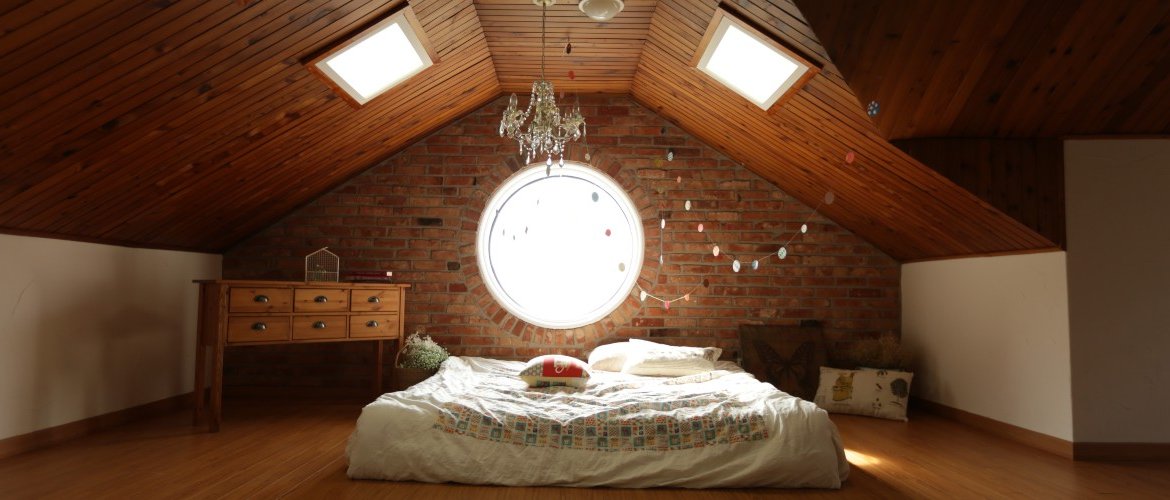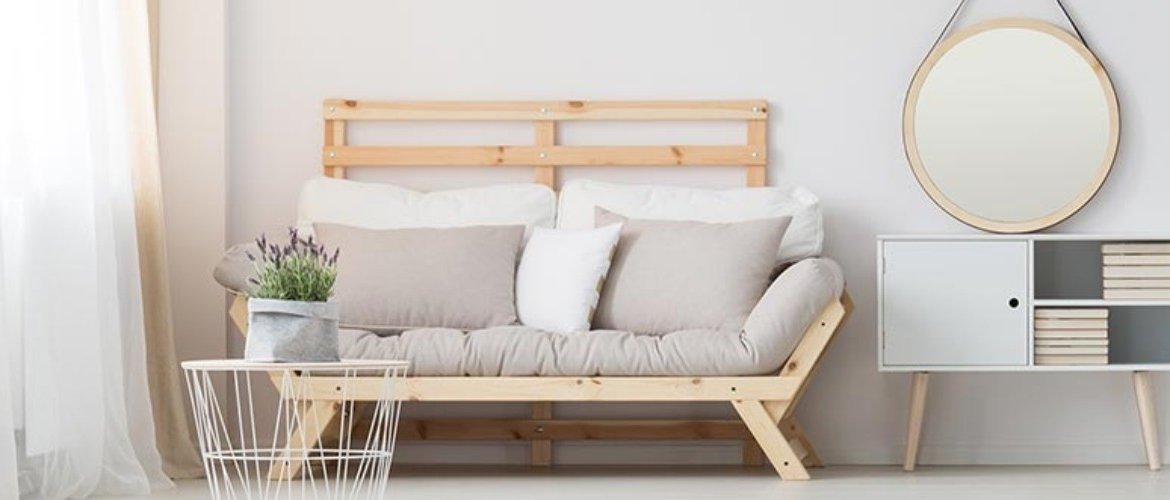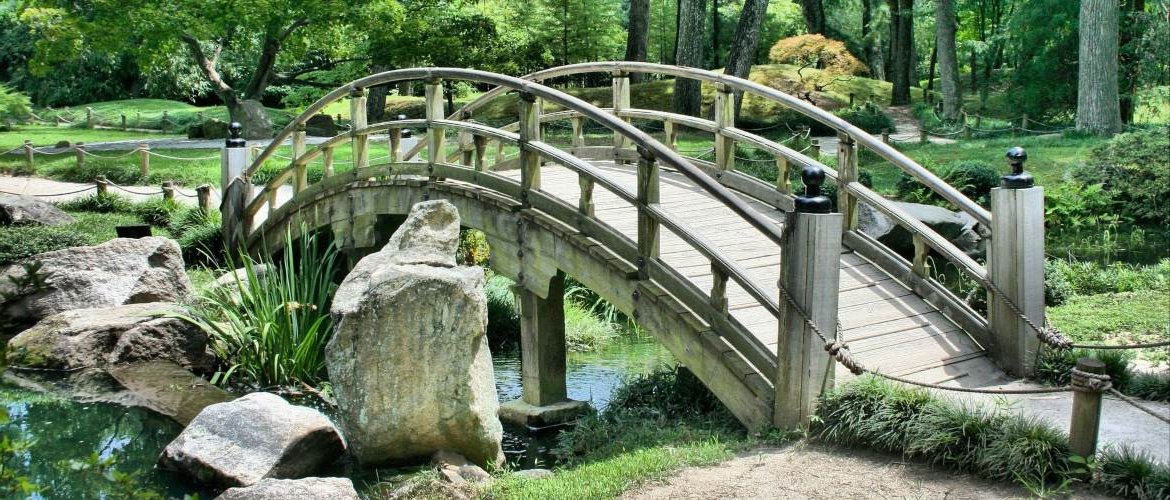Get organized at home: What oriental trends can you apply to your home?
Generally speaking, home organization does not arouse too many passions. However, order and cleanliness are key to a harmonious home. This is what many Eastern currents advocate that you can apply to the home. Their mantras are relatively simple and not only refer to household chores but also cover issues such as decoration or design. In addition, their objectives are as varied as possible, although, in general, they are aimed at such attractive things as improving health, happiness and even success.

The organization of the house is one of the cornerstones on which many oriental currents are based, which find in order a source of balance, harmony and happiness.
One of the most popular oriental trends is Feng Shui. This millenary philosophy holds that there is a relationship between us, space and energies. In other words, it seeks energy balance in the home to achieve its positive influence. To achieve this, orientation, materials, colors and decoration come into play.

Another Eastern trend that has gained popularity in recent times is Wabi Sabi. This discipline does not have a literal translation, but its essence can be summarized in the idea that nothing is perfect, nor permanent, nor complete.
In fact, this trend defends the beauty of imperfection. In decoration, it advocates the use of natural raw materials, unfinished elements, craftsmanship... Minimalism is also part of this oriental trend, which advocates nothing other than the acceptance of natural cycles.

Antiques and the marks of the passage of time are common in houses inspired by the oriental Wabi Sabi trend. The environments are tinged with browns, blacks, grays and greens creating enveloping atmospheres with dim lights or in semi-darkness.

Do you know what oriental trends you can apply to your home? From Feng Shui to Wabi Sabi, through the Ikagi or the advice of Marie Kondo and the 5 S method.
Japanese philosophies are a prolific source of knowledge and the Japanese concept of Ikagi also comes from them. The literal translation would be something like "the reason for living" or "the reason for being" which, when applied to the organization of the home, means creating meaningful houses.
It is about finding what makes us happy and, from there, build the home. Spaces to share with the people who love you, corners where you can relax and enjoy, add plants to the decoration or organize the space well are just some of the recommendations to transfer this oriental trend to your home.

Order is by far one of the key aspects of many of the Eastern philosophies that you can bring into your home. In many of these disciplines, it is organization that leads to balance, harmony and, ultimately, happiness.
However, not all of them approach the issue with the same intensity. In fact, there are some very popular ones that have made order the key to their success.
The tidiness guru Marie Kondo has transferred her method to many homes. Despite her undeniable success, she is not the only oriental philosophy that makes organization her raison d'être.
The Magic of Tidying Up brought Marie Kondo international fame. But beyond the best seller of the Japanese professional organizer, it hides a whole oriental philosophy with multiple practical applications in the home.

It's not just that her recommendations for organizing closets have relieved dressing rooms around the world. Her passion for order is applicable to every room and object in the house.
In fact, his philosophy defends that ordering the house helps to order life or, in other words, the chaos in the home is nothing but the reflection of its counterpart in our interior.

But long before Marie Kondo's fame crossed borders, other disciplines advocated making order a fundamental tool inside and outside the home. The "5 S" method, for example, owes its name to the first letter of each of the words that, in Japanese, make up its phases.
Classification (seiri), order (seiton), cleanliness (seiso), standardization (seiketsu) and maintenance of discipline (shitsuke) are the cornerstones of this oriental philosophy. In Japan, this discipline is part of education. In practice, it is about understanding order as part of personal balance, as a tool to improve people's quality of life and even productivity.




